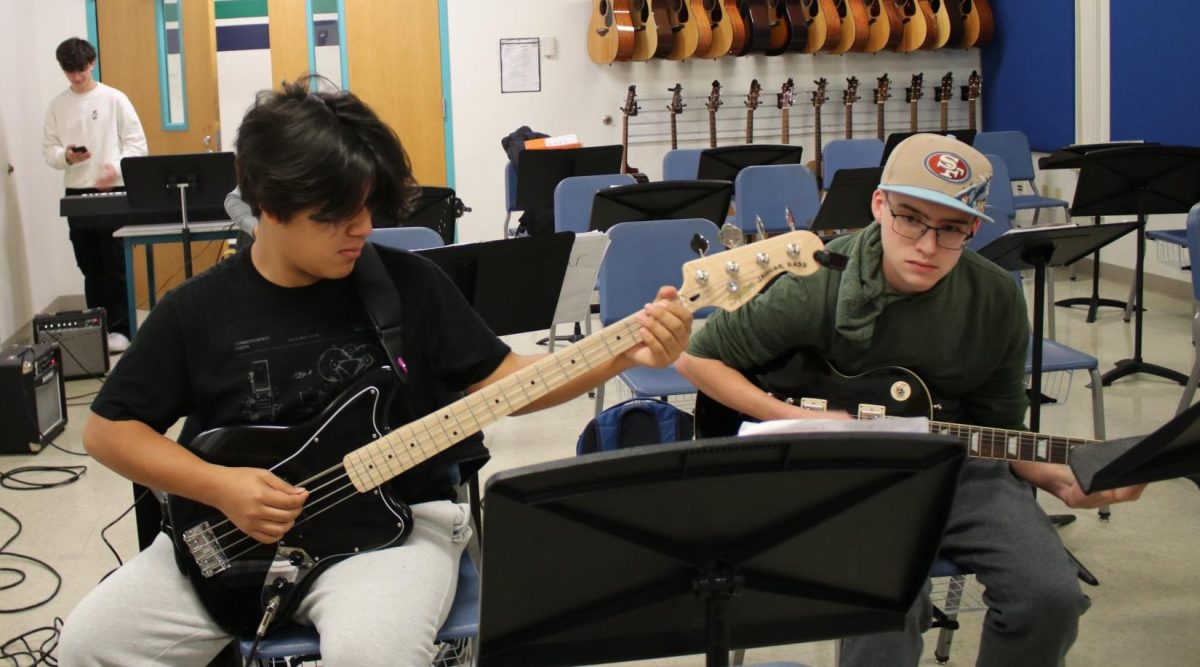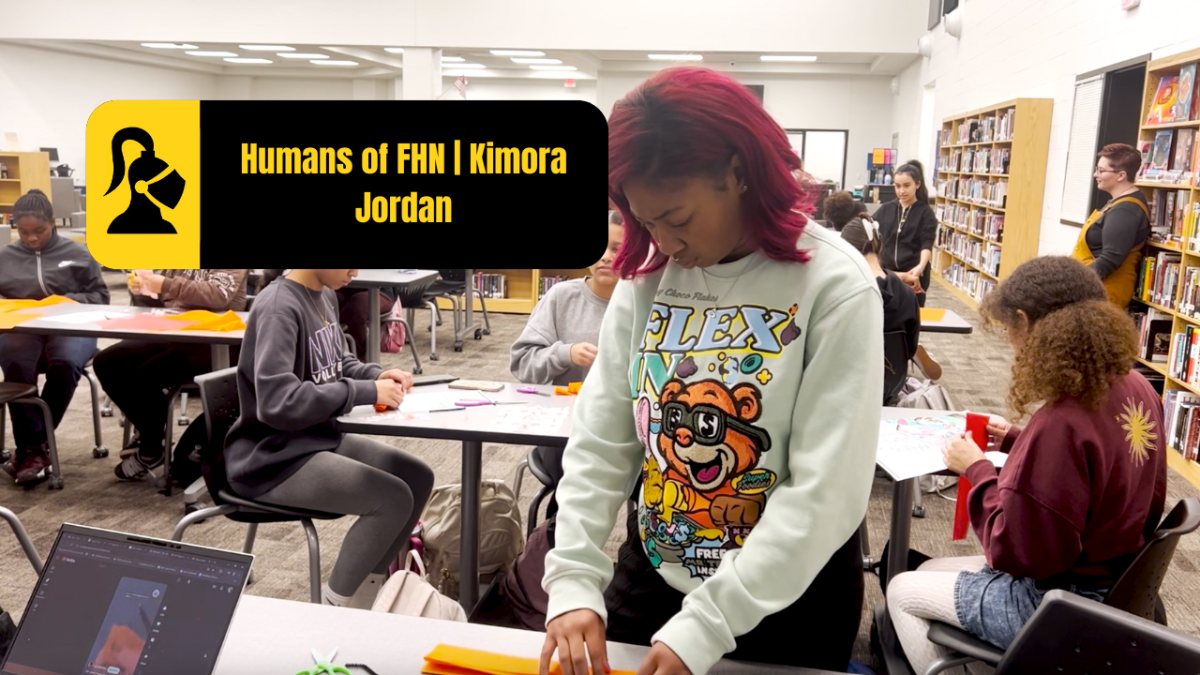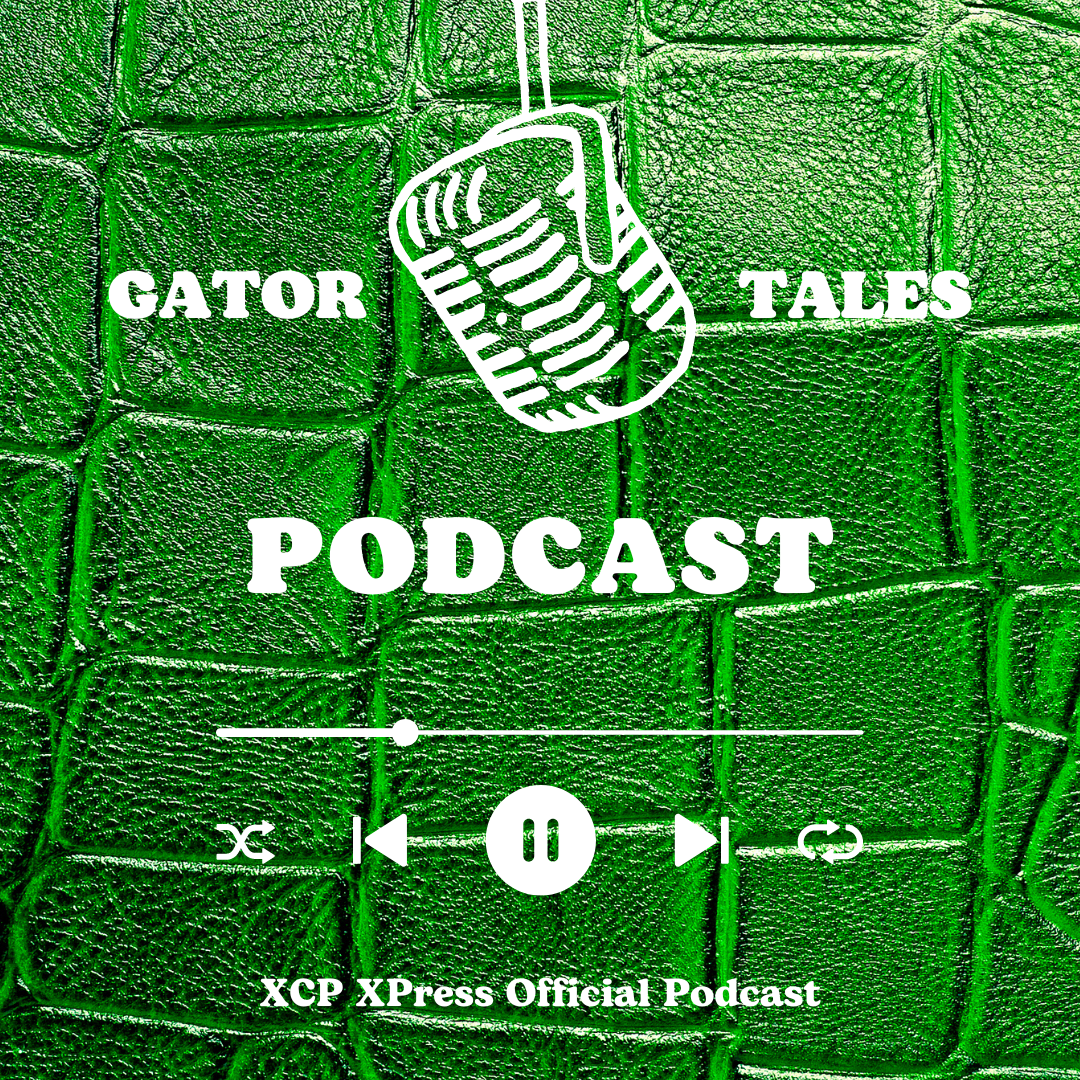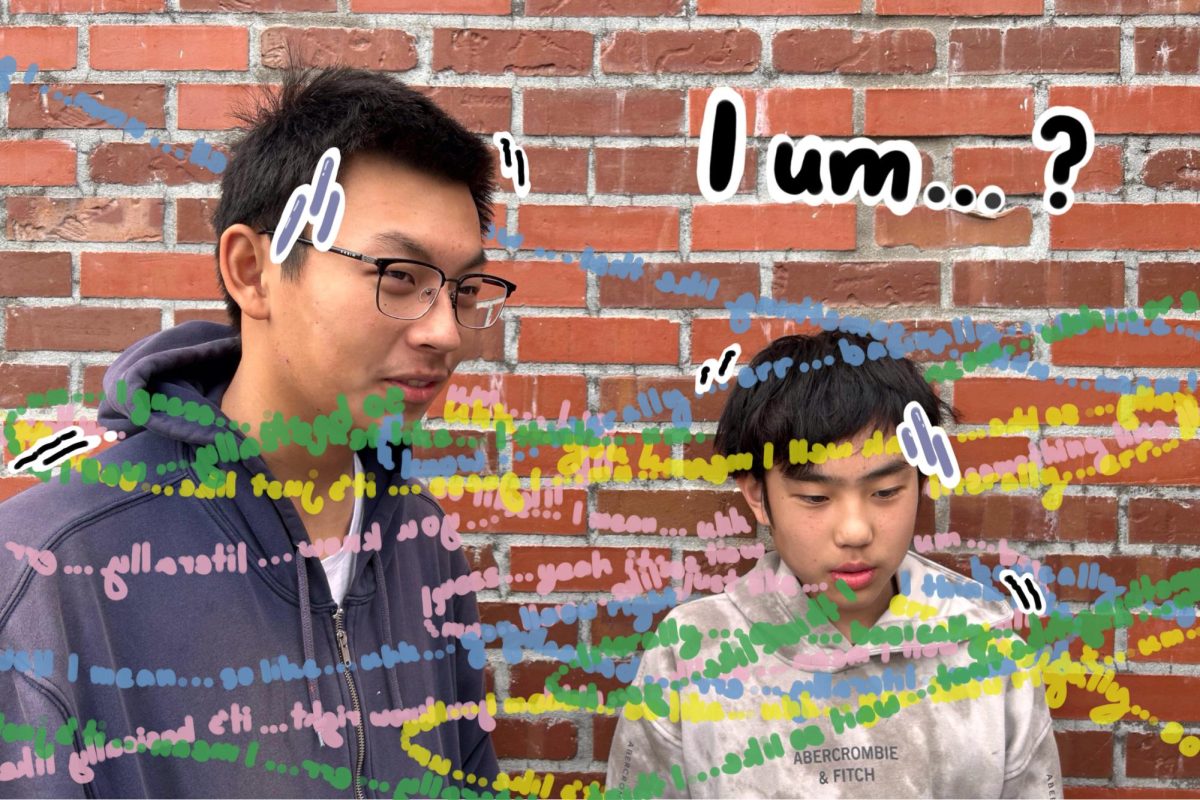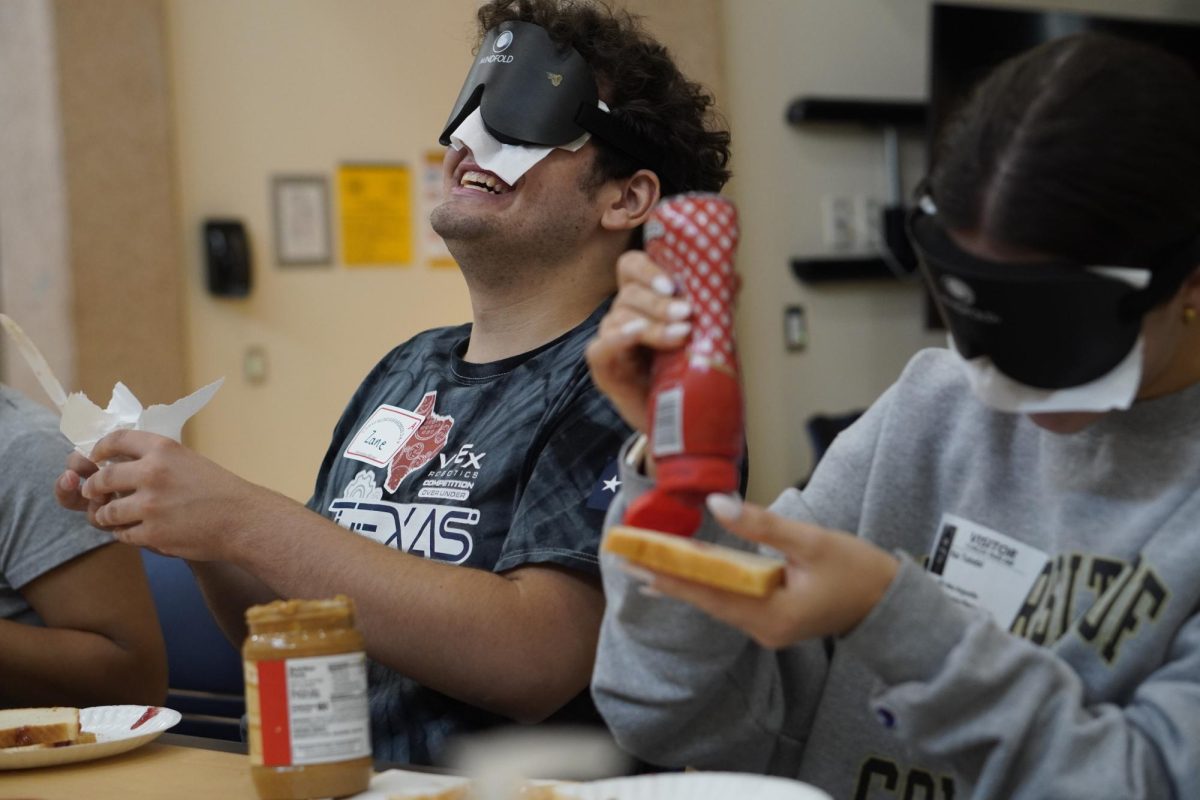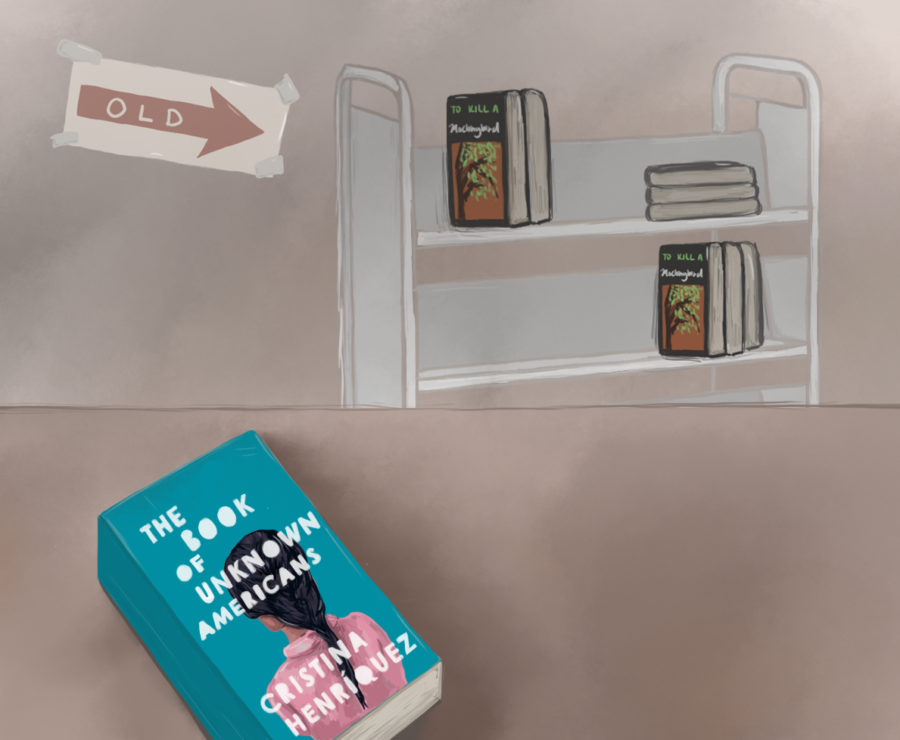“The Book of Unknown Americans” (“TBUA”), written by Cristina Henríquez, replaced “To Kill a Mockingbird” (“TKAM”) as the freshman Survey of Composition and Literature course reading and is now being taught for the first time at Los Altos High School.
The new text comes after last year’s removal of “TKAM” from the Survey curriculum. The Survey team read hundreds of novels during the past three to four years to find a suitable title, and while they were torn among many books, the pick was clear once “TBUA” was proposed, according to English Department Coordinator Margaret Bennett.
“TBUA” is a 2014 contemporary American novel that details the stories of Hispanic immigrants to the United States, mainly centering on the immigrant family of the Riveras but told through diverse lenses of different characters.
Bennett explained that she feels the book represents and reaches more of the student population at LAHS. The book invites students to share their own experiences of being an immigrant or “an unknown American” — something that the English curriculum did not previously address.
“I don’t think necessarily being an immigrant is a very common thing among all the students here, but it’s certainly an issue in America today,” Bennett said. “I think you can make the argument that no matter who you are, what we all can relate to is that there are times when we feel unknown.”
Beyond the complex themes demonstrated in the novel — such as assimilation, community, guilt and ableism — the book aligned with the Survey team’s criteria including having contemporary treatment of core issues, areas for students to make inferences, literary merit and an author of color, among many other things.
No students were involved in the decision making process.
“We’re really looking at it from a teaching point of view, and students just don’t have the same kind of perspective,” Bennett said. “When we choose books, we try to choose books that we think students are going to enjoy, but there’s also all this criteria that goes into it.”
Some students were in agreement with Bennett’s sentiment.
“If students were to be involved in the process, I think it would be quite difficult to select students because students who volunteer to select books are more likely to have clear opinions on what sort of novel they would enjoy reading, which isn’t necessarily the purpose of reading books in English,” junior Keira Chatwin said. “Teachers just have much more experience understanding and working with students as they read novels.”
Others believed that students could have been more involved in the initial stages of the process by being able to suggest book titles, but agreed that teachers should take it from thereon.
“I think our student body has a lot of difference in opinion, which would add to the diversity of book suggestions,” Black Student Union Co-President senior Aida Yezalaleul said.
The Survey team plans to continue teaching students similar skills utilized in previous years — namely writing literary essays, note-taking, Socratic dialogues and learning vocabulary through Membean. Bennett said that the multiple narrators in “TBUA” — unlike in “TKAM” — also add a challenge to the student’s reading experience.
On the “TKAM” removal
The decision to remove “TKAM” last year came after Survey teachers’ growing concerns about the novel’s difficulty and flaws in properly addressing racism, specifically with the presence of “white saviors” and sexism.
This decision brought upon student backlash. Some cited that the book should be kept because of its importance in American literature, while others argued that the book brought up important conversations, including the use of the N-word according to senior Chloe White, Black Student Union’s other Co-President.
“Personally, I was the only Black student in my English class and my teacher was white, and the fact that she was reading something and the N-word popped up wasn’t what made me uncomfortable,” Chloe said. “It was the conversations about the N-word after. I knew people weren’t educated; I don’t think you should avoid these conversations.”
Some explained that the book should continue to be taught if teachers begin pointing out more of its flaws in addressing racism. The Survey team did make efforts to educate students on the book’s flaws, according to Bennett; however, teachers were still concerned that students would often perceive that racism was “a thing of the past” after reading the book.
“That’s not what we wanted students to walk away with,” Bennett said. “It finally got to the point where we said, ‘We need to get rid of it.’”
However, Bennett urges students to read “TKAM” independently if they would like to, especially as this year’s Survey curriculum incorporates more independent reading with the integration of the English pilot program.
“There’s no doubt this book has a place in American literature canon; no one is saying you shouldn’t read it,” Bennett said. “We are simply just saying that as a ninth grade Survey group of teachers, this isn’t the book we want to teach as the one common novel that we all read.”
Multiple other English titles at LAHS address the topic of racism for students to learn from, including Athol Fugard’s “Master Harold and the Boys,” Toni Morrison’s “Beloved,” Ralph Ellison’s “Invisible Man,” Katori Hall’s “The Mountaintop” and more.
This story was originally published on The Talon on September 18, 2021.


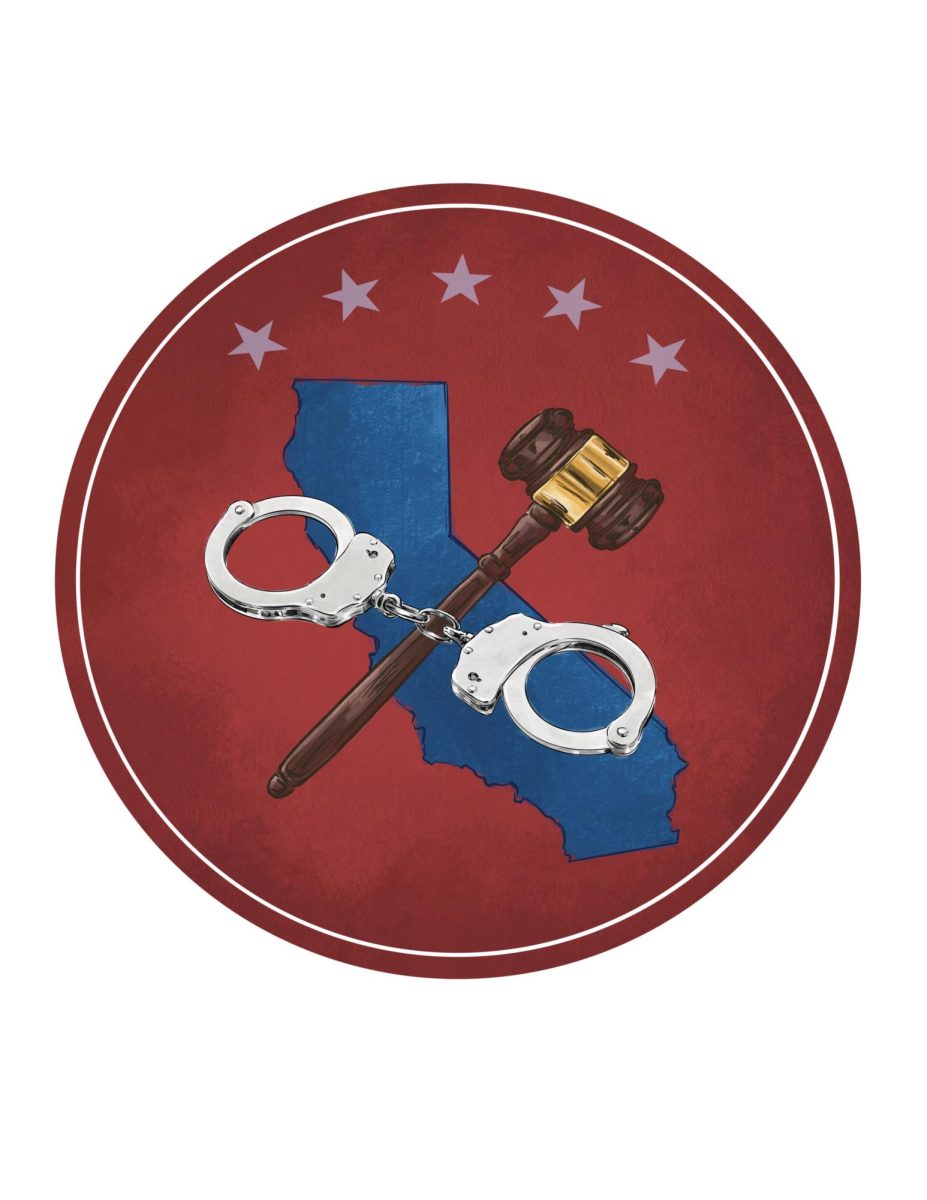







![Adding a tray of canned corn to the pile, junior Michael Collop assists in transporting donations for the Holiday Food Drive. The event, hosted schoolwide from Dec. 10-17, raised over 5,000 food items to deliver to the Parkway Food Pantry, helping several families in need. [The drive] is a great thing for us to do because you're giving to those who are less fortunate, and it helps provide for people who can't provide for themselves. [The] competition is always fun, too. It was fun to be in [social studies teacher Jess] Chazen’s class, because he always gets worked up over [the competition]. He made it exciting, and was always convincing us to turn in cans for the drive,” Collop said.](https://bestofsno.com/wp-content/uploads/2024/12/feature-photo-unsung-2.png)


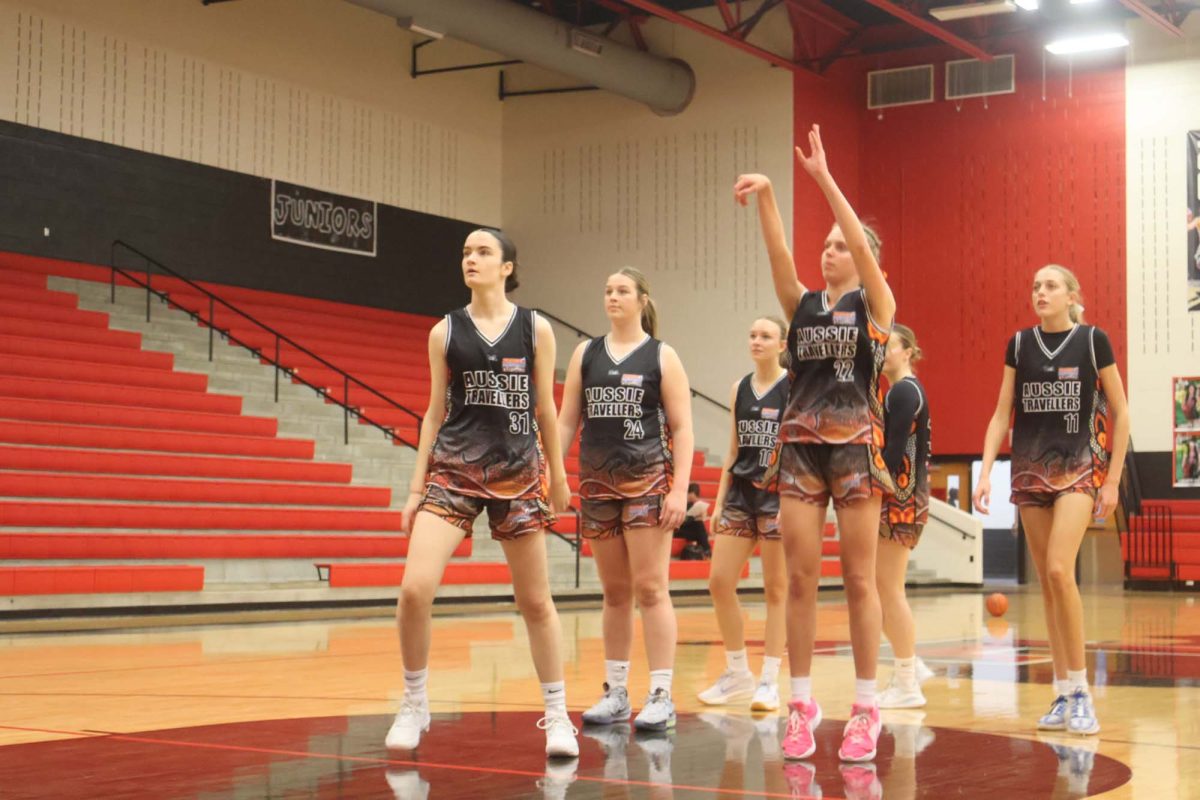


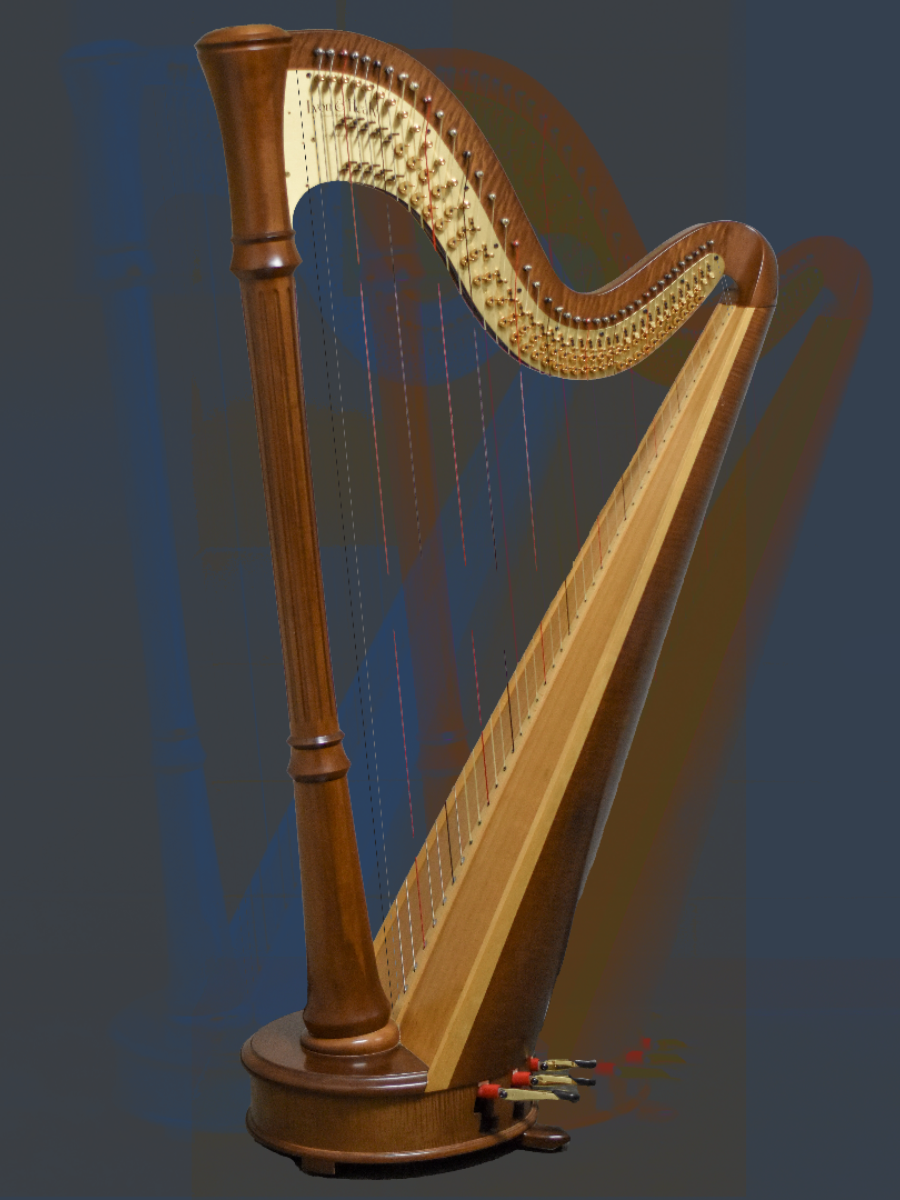

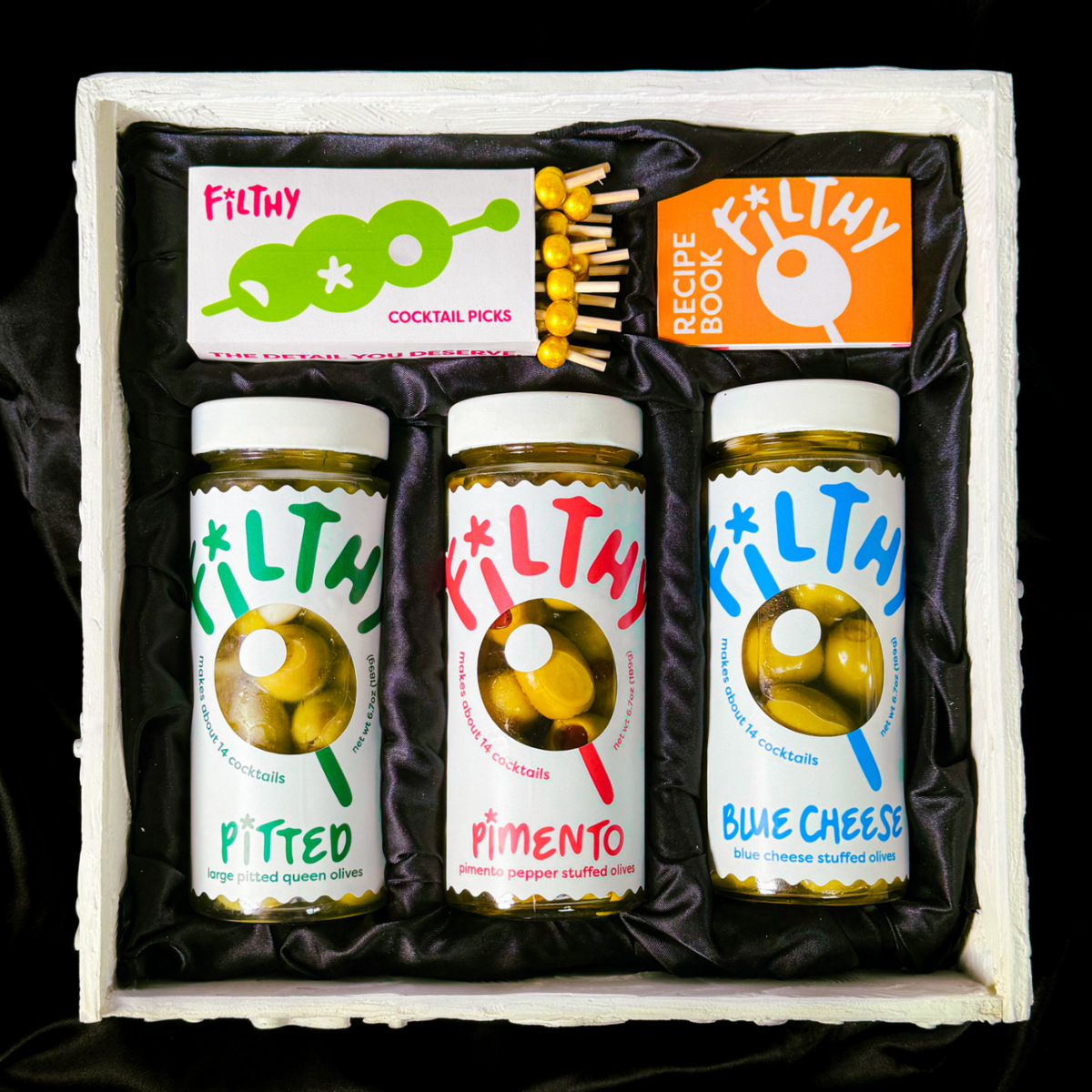

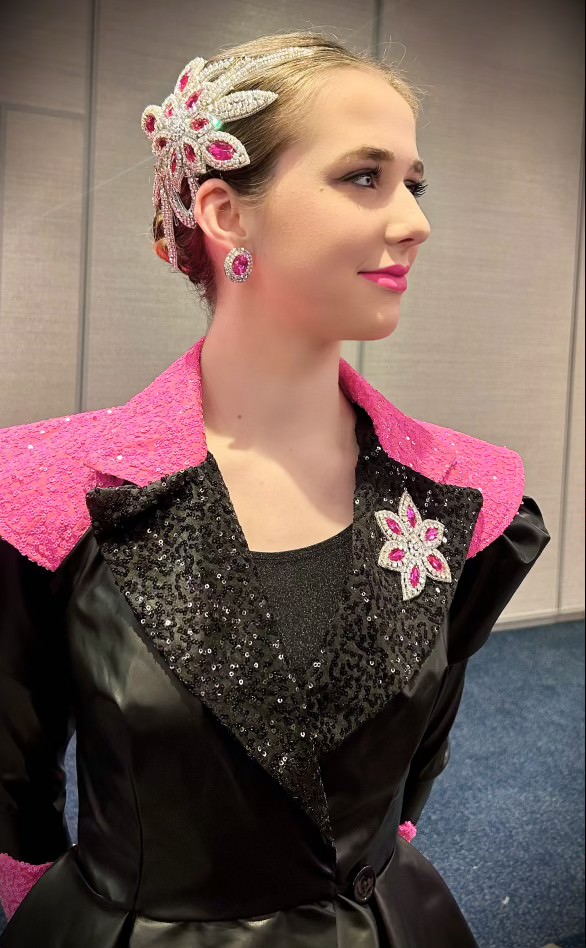
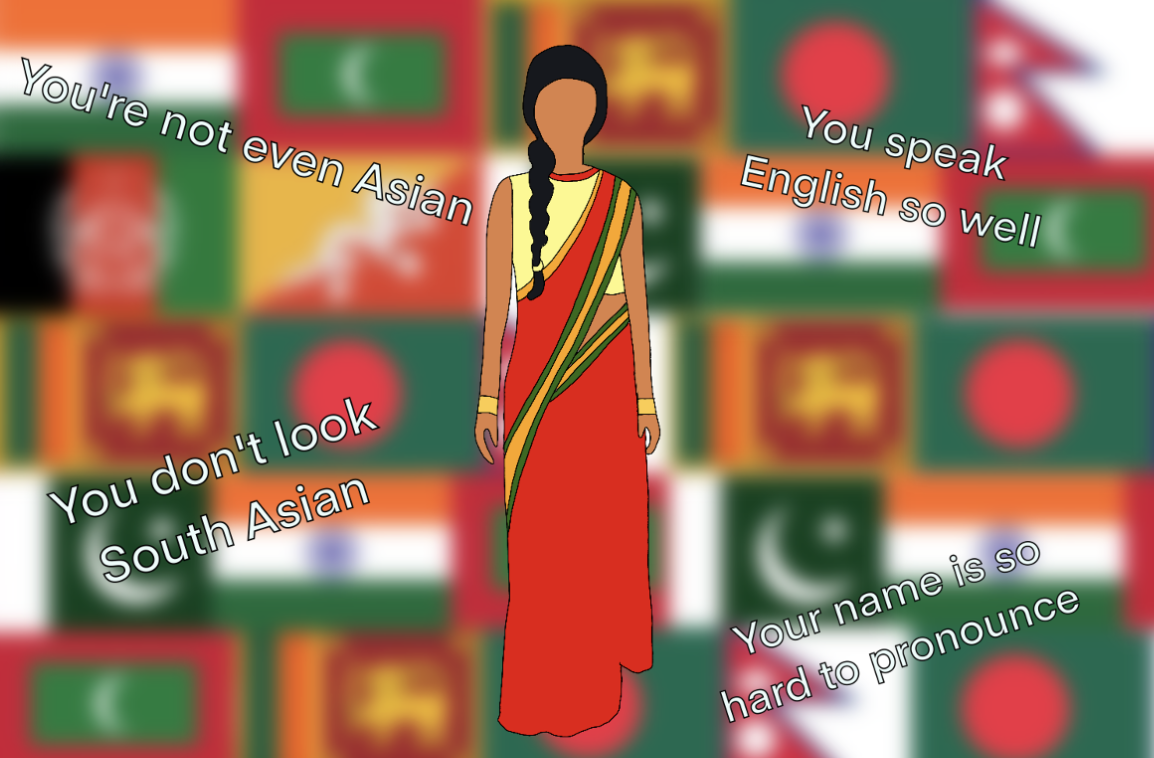
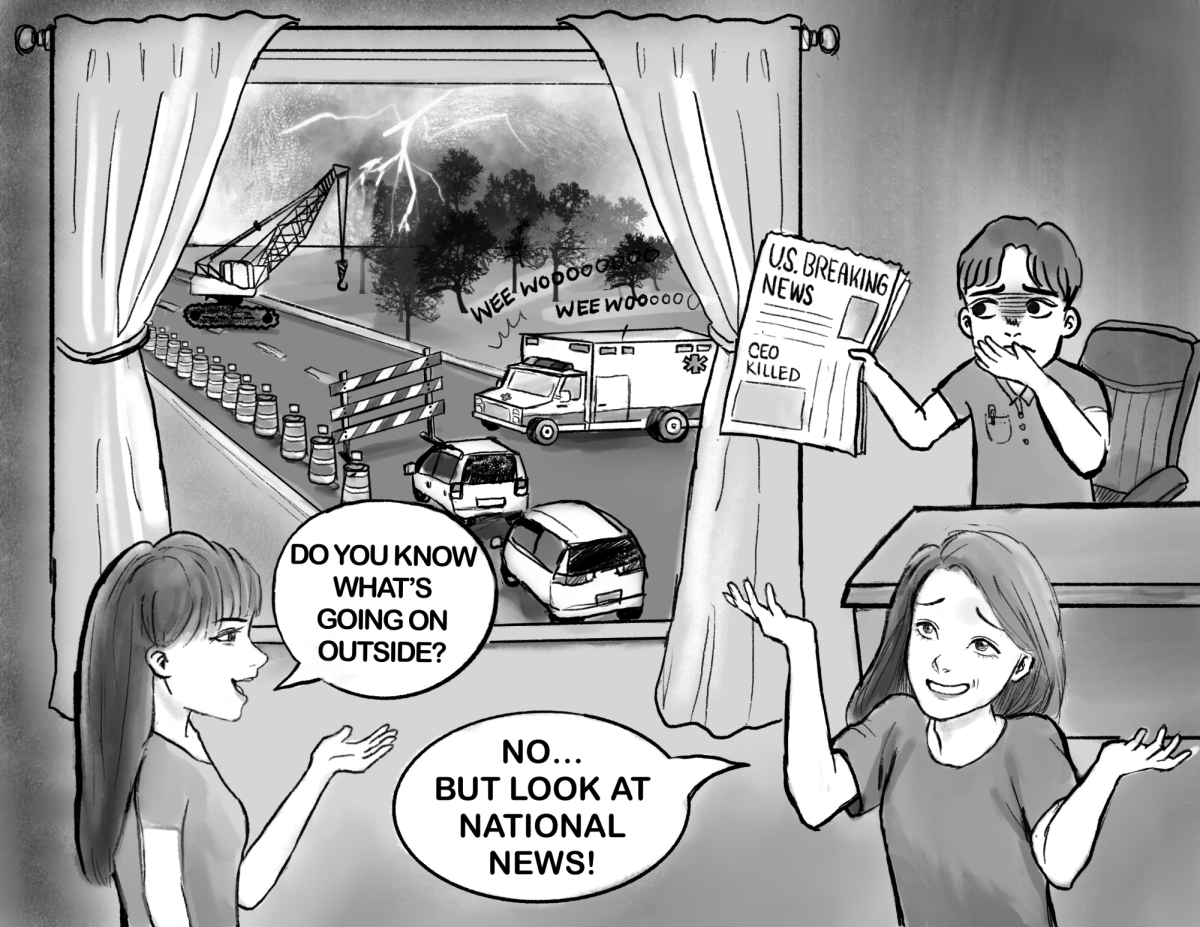

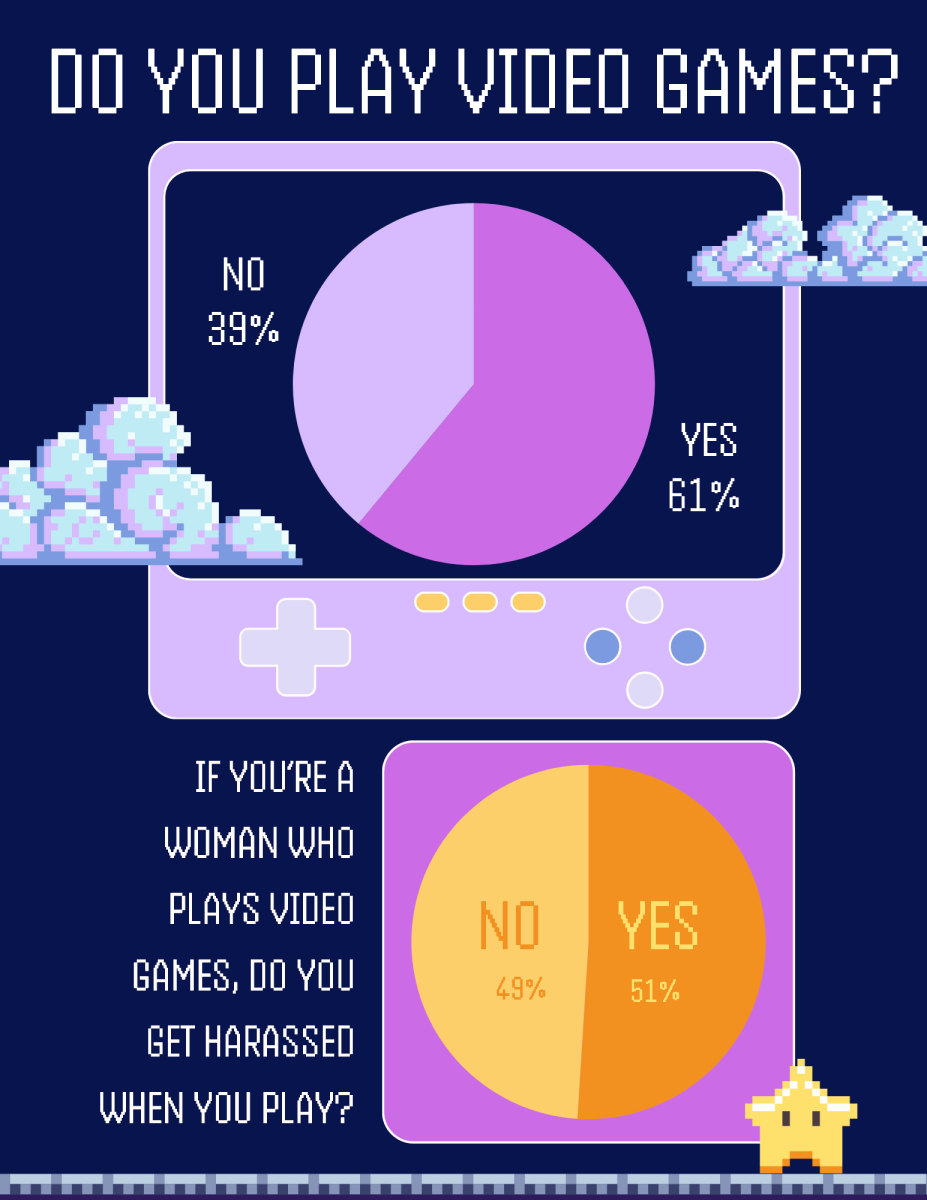
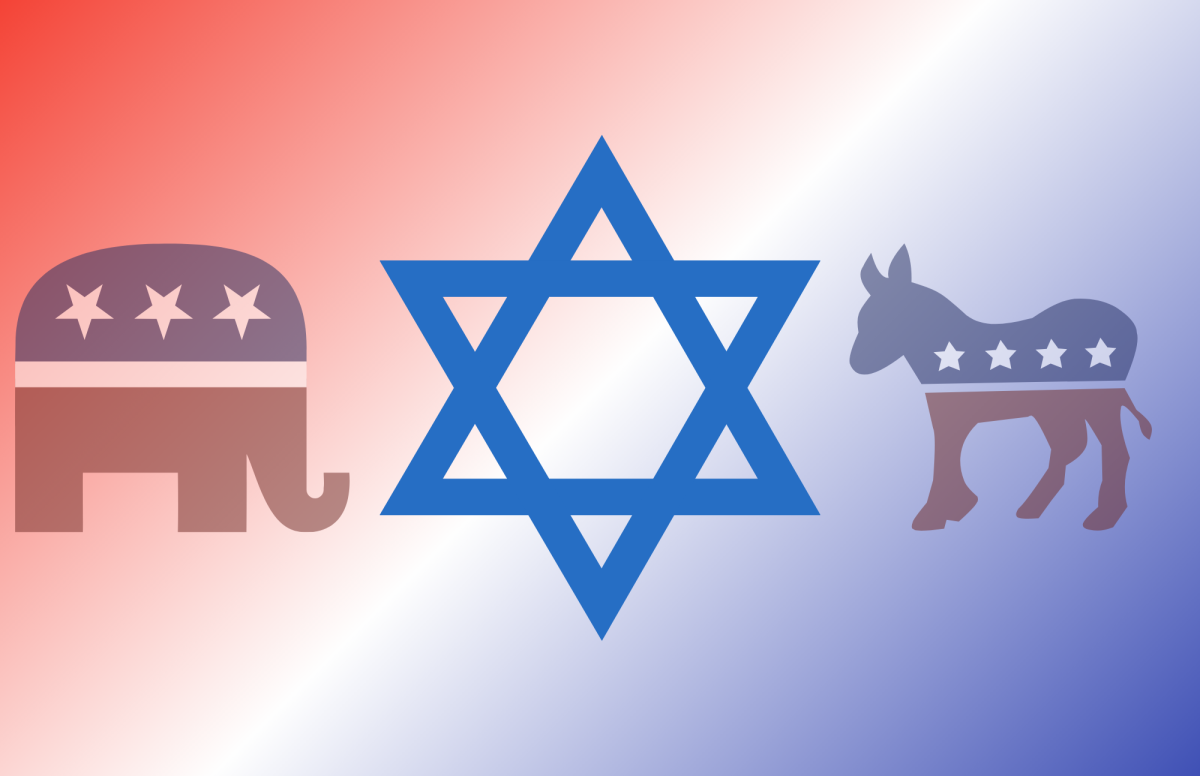


![NEW CHALLENGE, NEW TEAM MEMBERS: Every season, VEX creates a new game that robotics team members are faced with and have to build a robot to compete in. This year’s game forces students to create a robot that is able to stack rings onto mobile goals in order to score points. The change in games each season is something that robotics teacher Audrea Moyers appreciates.
“One of the things that I like about VEX is that they have a new problem to solve every year,” she said. ¨Even though the equipment’s the same, they have to analyze the game, and they have to come up with solutions that are unique that year. They are using their knowledge from prior years, but they have to kind of redesign a problem.”
As returning teams were faced a new game, some new teams and members had to adapt to a uncommon playing field and game.
“Three of our four teams were competing for the first time this year, and they had very different experiences match to match, so I think they learned a lot,¨ she said. ¨It’s hard just watching a video online to know how it’s actually going to be in person, so they all learned a lot about what gameplay is like, how to work with an alliance partner [and] how to adapt during the day to changes.”](https://bestofsno.com/wp-content/uploads/2024/12/IMG_9283-1-1200x800.jpg)
